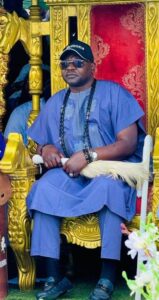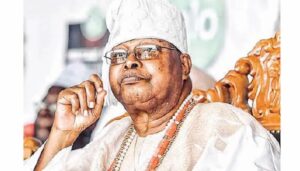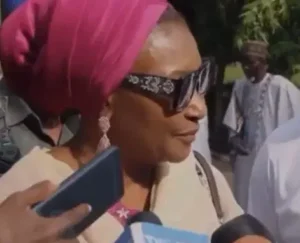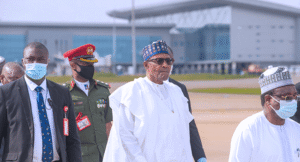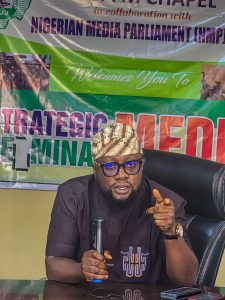
• Intense permutations over Shettima, Kwankwaso, Ribadu and others
As Nigeria edges towards the 2027 general elections, the political landscape across the North is increasingly unsettled over the potential reshuffling of President Bola Ahmed Tinubu’s running mate.
While some Northern political blocs advocate continuity through the Tinubu/Shettima ticket, others are lobbying for a shake-up. Among the names gaining traction are National Security Adviser Nuhu Ribadu, a Christian figure from the North-East, and Speaker of the House of Representatives, Tajudeen Abass. However, the most vocal calls for change centre around Senator Rabiu Musa Kwankwaso, former Kano State governor and leader of the New Nigeria Peoples Party (NNPP).
A close associate of Kwankwaso, speaking on condition of anonymity, revealed to Sunday Sun that the former defence minister is not averse to the idea of partnering with President Tinubu. The source further disclosed that, subject to proper negotiations and political alignment, Kwankwaso may defect from the NNPP to the All Progressives Congress (APC).
He contended that Tinubu’s administration is currently bereft of a politically dynamic and influential deputy capable of reinforcing the president’s grip on power and governance, particularly in the North. According to him, Vice President Shettima has not been able to effectively shoulder these responsibilities, contributing to Tinubu’s diminishing political capital in the region.
“Kwankwaso commands deep respect across the North. He possesses a formidable grassroots network, appeals strongly to the youth, and has the rhetorical dexterity to re-energise Tinubu’s northern base,” the source stated.
He further likened Kwankwaso’s work ethic to that of Nyesom Wike, citing his two terms as governor of Kano as transformational. “Kano was on the path to becoming another Dubai under Kwankwaso. If given the opportunity as running mate, he would bring energy and strategic value. With him on the ticket, 2027 becomes a done deal,” he asserted.
Political observers interviewed for this report identified two key advantages should Tinubu pick Kwankwaso: access to Kano’s massive voting bloc and the implicit alignment of the Kano State Government under Kwankwaso’s protégé, Governor Abba Kabir Yusuf.
A political analyst said: “Tinubu is clearly eyeing Kano Government House in 2027. Aligning with Kwankwaso offers a direct path, given the governor’s deference to him. However, it would require complex political negotiations.”
Veteran journalist and political analyst Lamara Garba affirmed Kwankwaso as the most viable option for Tinubu. “Since 1999, no Northern politician has maintained relevance like Kwankwaso. He has held several high offices and remains untamed, unbought, and unbowed,” he declared.
However, not all share this optimism.
Professor Kamilu Fagge, a political scientist at Bayero University, Kano, described the idea of replacing Shettima with Kwankwaso as politically precarious. He acknowledged Kwankwaso’s popularity in Kano but questioned the broader regional advantage, especially in the North-East.
“Kwankwaso might help secure Kano, but his selection could alienate voters in other North-East states, undermining APC’s constitutional spread,” Fagge noted. “Moreover, his candidacy may reignite religious tensions around the Muslim-Muslim ticket, potentially alienating Christian voters.”
Fagge also warned of a possible power struggle. “Kwankwaso has a dominant personality. President Tinubu has a history of tensions with strong deputies – remember Lagos. A Tinubu-Kwankwaso pairing may struggle with internal cohesion.”
Political analyst Alwalu Abdullahi dismissed Kwankwaso’s perceived influence as overstated. Citing the 2019 general elections, he claimed that Atiku Abubakar’s reliance on Kwankwaso for electoral dominance in Kano ended in disappointment. He also criticised Kwankwaso’s history of frequent defections and internal party disputes.
“Kwankwaso has been through PDP, APC, back to PDP, and now NNPP – each shift mired in unresolved conflict,” he said.
Former senator Mas’ud El-Jibrin Doguwa echoed similar concerns. He warned that Kwankwaso’s appeal is largely confined to Kano and argued that numerous North-West political heavyweights who supported Tinubu’s rise — including Badaru, Matawalle, Masari, and Bagudu — could feel alienated if Kwankwaso is chosen ahead of them.
“Selecting Kwankwaso over Shettima could upset the existing party structure and alienate core stakeholders,” Doguwa cautioned.
In summary, while Kwankwaso may offer strategic gains in Kano, his candidacy poses considerable risks — both in terms of regional balance and internal party dynamics. The Tinubu camp faces a delicate decision: pursue electoral expediency in one region or maintain equilibrium across the North. The answer may well define the APC’s fortunes in 2027.

